The 2024 edition of Collaborate, an annual global event organized by the Christian Alliance for Orphans (CAFO), took place from September 17 to 18 in Nashville, USA. Centered on the theme “Becoming,” this event brought together a global network of leaders, practitioners, and organizations dedicated to transforming the care of orphans and vulnerable children through family-based models. This year’s focus was on becoming more like Christ in our service, embracing collaboration, innovation, and compassion to ensure that every child grows up in a loving family.
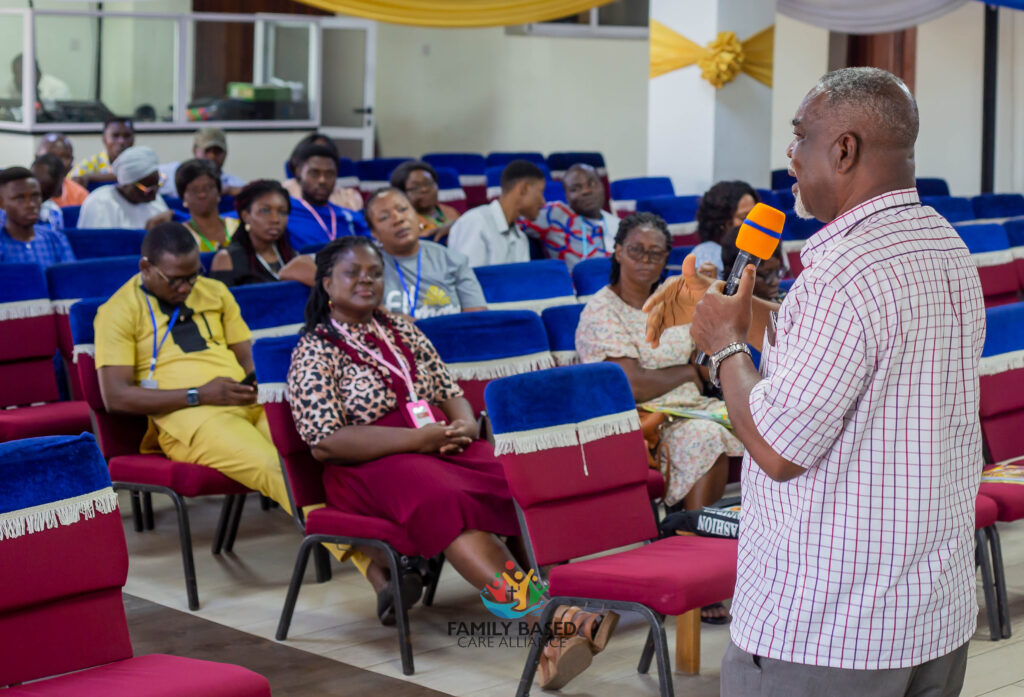
The Family-Based Care Alliance (FaBCA), a Ghana-based organization committed to ensuring that every vulnerable child is raised in a loving family, joined a community of global organizations which held their own Collaborate plus event locally. This event enabled FaBCA to interact with local speakers and participants for the first half of the day and then connect via live streaming to the international event in the USA for the next half of the day For FaBCA, this event provided an opportunity to share experiences, engage in global learning, and draw inspiration to further its mission of transitioning children from institutional settings to safe, nurturing family environments.
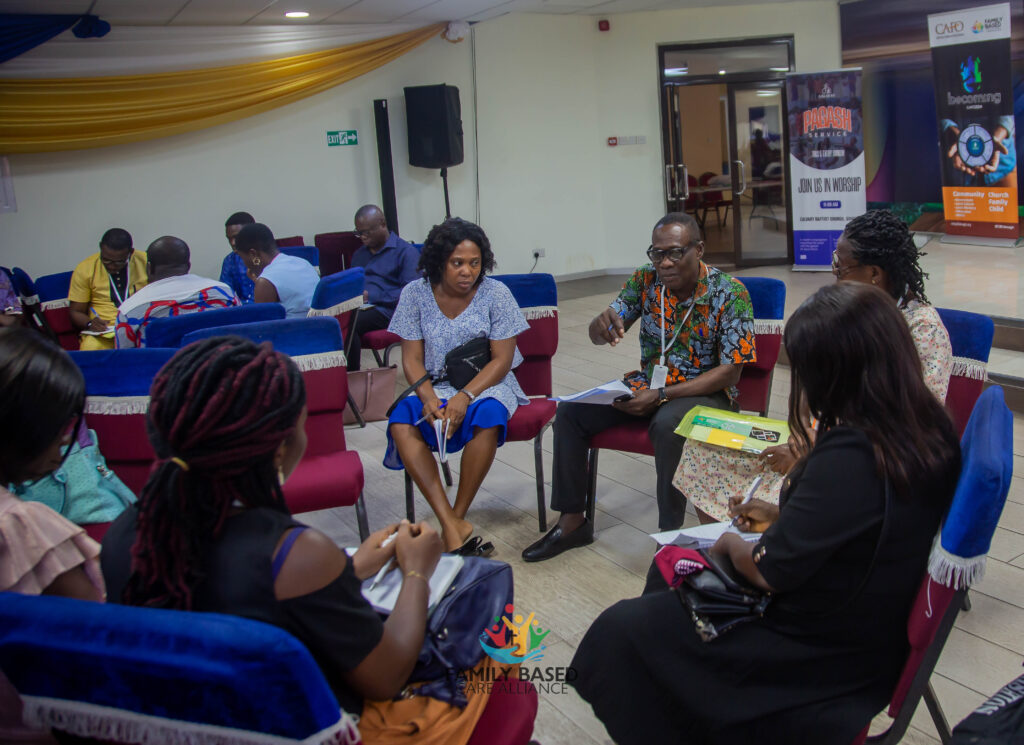
Participants, including church leaders, shared real-life stories about supporting vulnerable families. These accounts ranged from heartwarming successes to sobering challenges, such as a situation where financial support was unappreciated and misused, highlighting the need for accountability in community support programs. Others presented models of intentional beneficiary screening and support repayment systems that have ensured the responsible use of resources.
As the day progressed, keynote speakers like David Hennessey from CAFO emphasized the value of global connections in strengthening family-based care efforts. Sessions focused on the critical role churches can play in this mission—something deeply aligned with Fabca’s work in Ghana, where partnerships with local churches and other organizations form the foundation of its reintegration programs.
Breakout discussions allowed participants to explore best practices in family-based care. FaBCA facilitated group discussions, leading conversations on how to sustain family-based solutions after a child has been reintegrated into family life. These sessions were filled with rich exchanges and sparked new ideas for collaboration across borders and contexts.
A powerful presentation by Mr. David Kumador addressed widespread misconceptions about orphanages, revealing that the majority of children in institutional care have living parents. He emphasized that, with adequate support, particularly financial and psychosocial, most of these children can and should be reunited with their families. He also highlighted poverty as a driving force behind institutionalization, rather than the absence of family.
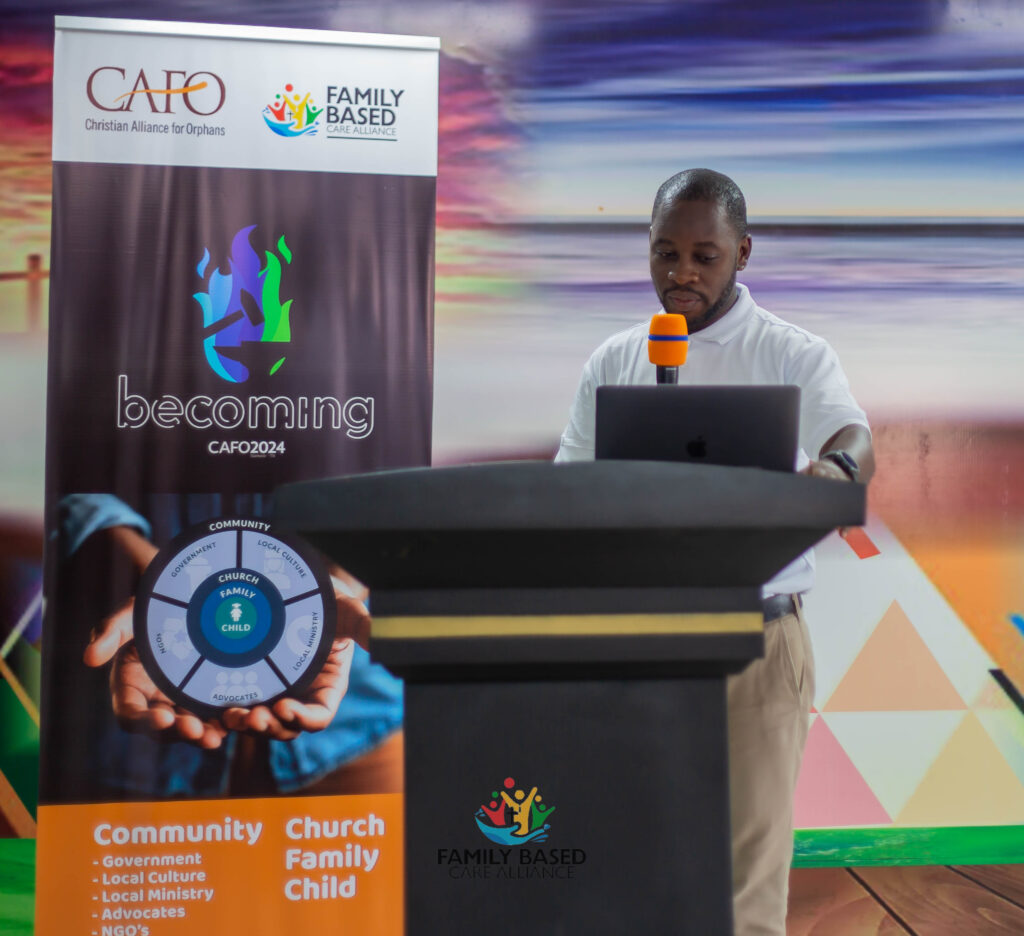
A representative from Ghana’s Department of Social Welfare provided essential insights into how caregivers are trained and recognized. The department also clarified best practices for handling cases involving missing children, reinforcing the importance of accountability and child protection systems in institutions.
The final segment of the event featured a research symposium showcasing studies on the effectiveness of family-based care models around the world. These research findings will guide advocacy efforts and help shape policies that prioritize family-based solutions over institutional care. FaBCA intends to integrate these insights into its ongoing initiatives and advocacy campaigns in Ghana.
Collaborate+ 2024 was an enriching experience for FaBCA. The two-day event not only inspired but also equipped the organization with new tools, global perspectives, and actionable strategies. Moving forward, FaBCA will strengthen its partnerships with local churches, expand community engagement, and continue championing the belief that every child deserves to grow up in a safe, loving, and permanent family.
At FaBCA, we remain committed to turning that vision into reality—every child deserves to be raised in a loving family.
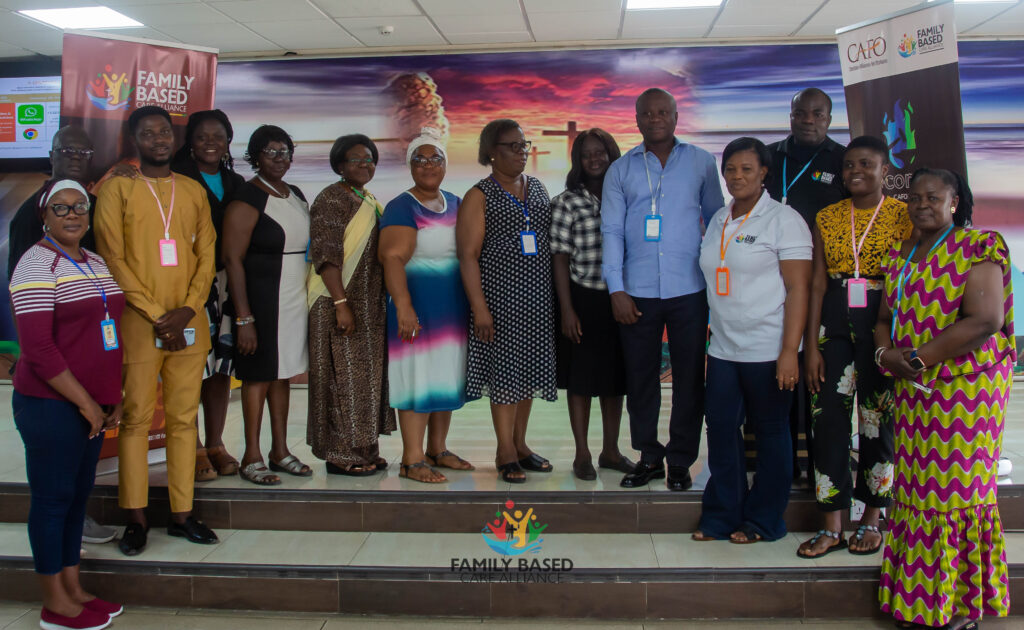


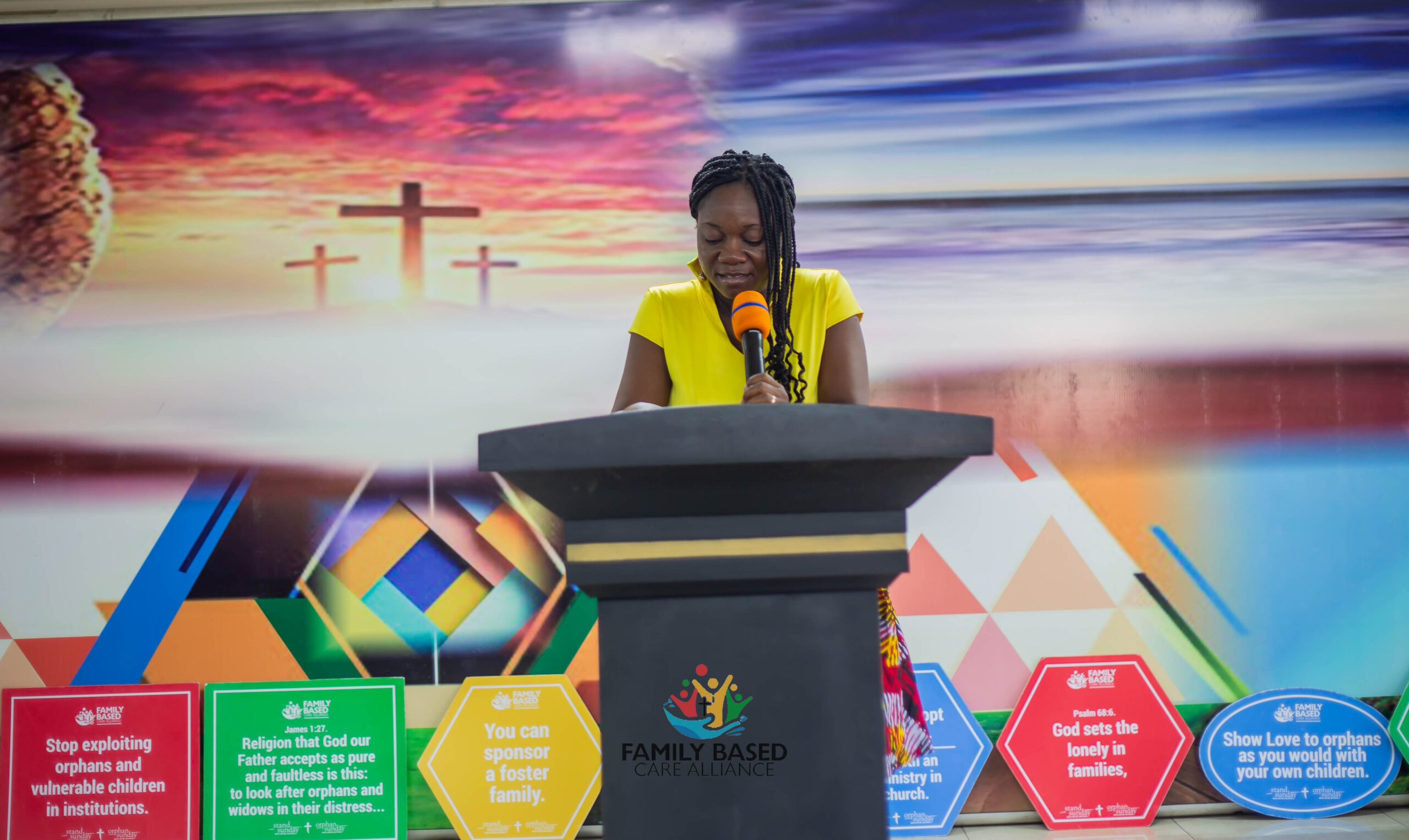
No responses yet